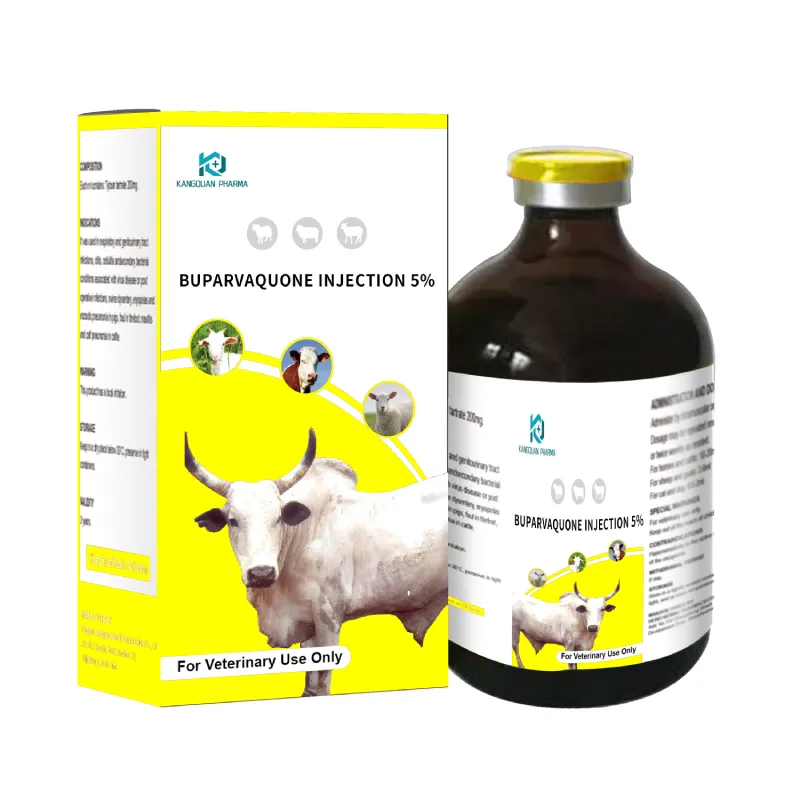- Afrikaans
- Albanian
- Amharic
- Arabic
- Armenian
- Azerbaijani
- Basque
- Belarusian
- Bengali
- Bosnian
- Bulgarian
- Catalan
- Cebuano
- Corsican
- Croatian
- Czech
- Danish
- Dutch
- English
- Esperanto
- Estonian
- Finnish
- French
- Frisian
- Galician
- Georgian
- German
- Greek
- Gujarati
- Haitian Creole
- hausa
- hawaiian
- Hebrew
- Hindi
- Miao
- Hungarian
- Icelandic
- igbo
- Indonesian
- irish
- Italian
- Japanese
- Javanese
- Kannada
- kazakh
- Khmer
- Rwandese
- Korean
- Kurdish
- Kyrgyz
- Lao
- Latin
- Latvian
- Lithuanian
- Luxembourgish
- Macedonian
- Malgashi
- Malay
- Malayalam
- Maltese
- Maori
- Marathi
- Mongolian
- Myanmar
- Nepali
- Norwegian
- Norwegian
- Occitan
- Pashto
- Persian
- Polish
- Portuguese
- Punjabi
- Romanian
- Russian
- Samoan
- Scottish Gaelic
- Serbian
- Sesotho
- Shona
- Sindhi
- Sinhala
- Slovak
- Slovenian
- Somali
- Spanish
- Sundanese
- Swahili
- Swedish
- Tagalog
- Tajik
- Tamil
- Tatar
- Telugu
- Thai
- Turkish
- Turkmen
- Ukrainian
- Urdu
- Uighur
- Uzbek
- Vietnamese
- Welsh
- Bantu
- Yiddish
- Yoruba
- Zulu
7 月 . 28, 2024 07:47 Back to list
Effective Antiparasitic Treatments for Dogs to Ensure Their Health and Well-being
Antiparasitic Medication for Dogs
Managing a dog’s health is an essential part of being a responsible pet owner, and one of the most crucial aspects of canine health care is protecting them from parasites. Whether external like fleas and ticks, or internal like worms, parasites can cause significant health issues for dogs. Therefore, understanding antiparasitic medications is vital for ensuring the well-being of our furry companions.
Understanding Parasites in Dogs
Parasites can be classified into two main categories ectoparasites and endoparasites. Ectoparasites, such as fleas, ticks, and mites, live on the surface of the host, often causing skin irritations, allergies, and even transmitting diseases such as Lyme disease and Ehrlichiosis. Endoparasites, such as roundworms, hookworms, and tapeworms, live within the dog’s gastrointestinal tract and can lead to severe nutritional deficiencies, anemia, and gastrointestinal issues.
The Importance of Antiparasitic Medications
Antiparasitic medications play a critical role in both preventing and treating infections caused by these parasites. Preventive measures are typically more effective and easier than dealing with an infestation after it occurs. These medications help to safeguard dogs from infections and more severe health concerns associated with parasites.
Types of Antiparasitic Medications
antiparasitic medication for dogs

1. Flea and Tick Preventatives These come in various forms such as topical solutions, oral tablets, and collars. Topical treatments, applied to the skin, are often long-lasting and provide both flea and tick control. Oral medications tend to act quickly, killing fleas and ticks within hours. For example, products containing fipronil or imidacloprid are popular choices among pet owners.
2. Dewormers Deworming medications are usually administered as tablets, liquids, or injections. These medications target specific types of worms, and most veterinarians recommend routine deworming, especially for puppies. Common dewormers include fenbendazole, pyrantel pamoate, and praziquantel, each designed to target various types of intestinal parasites.
3. Heartworm Preventatives Heartworm disease, transmitted by mosquitoes, can be life-threatening and involves a different class of medication. Heartworm preventatives, available in oral or topical forms, are intended for monthly use. Medications such as ivermectin and milbemycin oxime are commonly prescribed and are essential in areas where heartworm is prevalent.
How to Choose the Right Antiparasitic Medication
Choosing the right antiparasitic medication for your dog involves several considerations. It is important to consult with a veterinarian who can recommend a suitable product based on your dog’s age, weight, breed, and lifestyle. Regular veterinary check-ups are vital not only for prescriptions but also for monitoring health conditions and potential side effects of the medications.
Conclusion
Antiparasitic medication is crucial for maintaining the health of dogs and preventing serious complications from parasitic infections. By understanding the different types of medications available and consulting with veterinarians, pet owners can make informed choices that help protect their beloved pets. Regular administration of these medications, combined with routine veterinary care, ensures that dogs remain healthy and happy, allowing them to thrive in their homes. Pet owners must prioritize education on antiparasitic medicines to promote the best possible health outcomes for their canine companions.
-
The Power of Radix Isatidis Extract for Your Health and Wellness
NewsOct.29,2024
-
Neomycin Sulfate Soluble Powder: A Versatile Solution for Pet Health
NewsOct.29,2024
-
Lincomycin Hydrochloride Soluble Powder – The Essential Solution
NewsOct.29,2024
-
Garamycin Gentamicin Sulfate for Effective Infection Control
NewsOct.29,2024
-
Doxycycline Hyclate Soluble Powder: Your Antibiotic Needs
NewsOct.29,2024
-
Tilmicosin Premix: The Ultimate Solution for Poultry Health
NewsOct.29,2024













